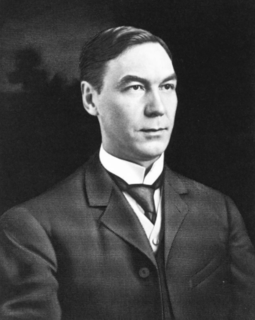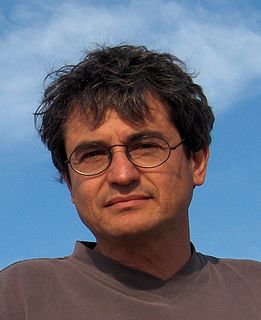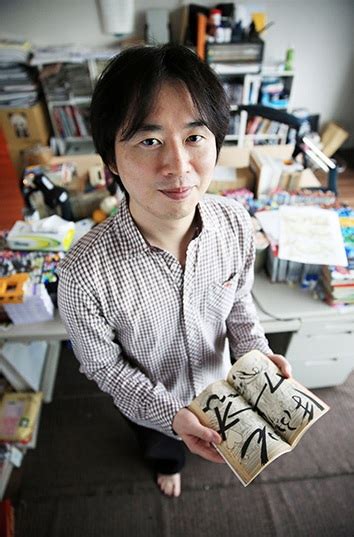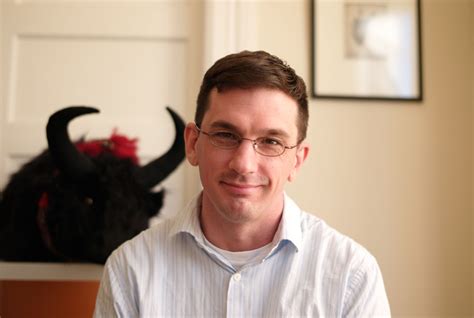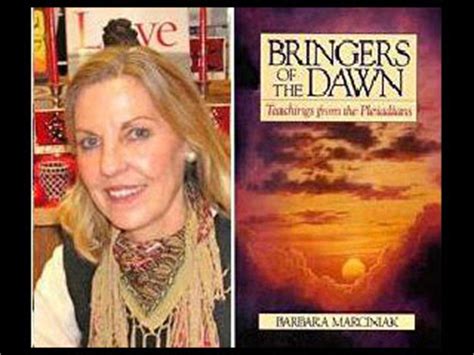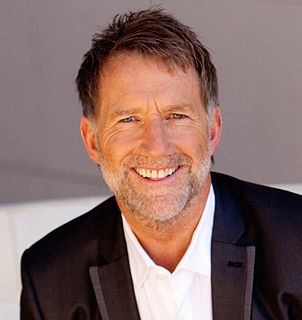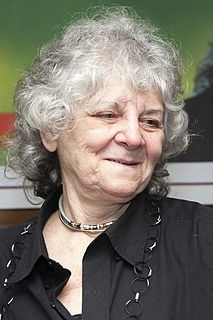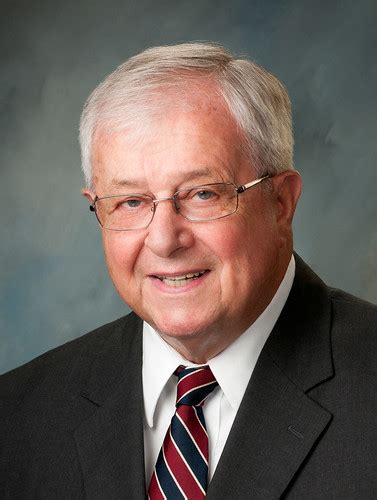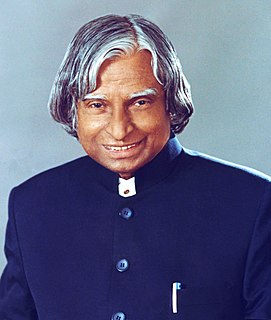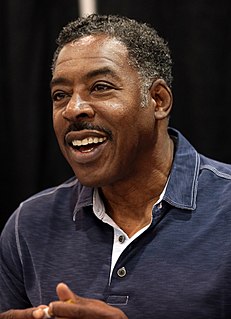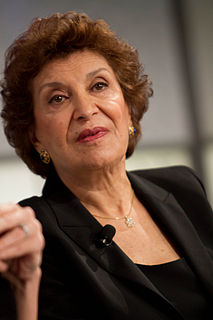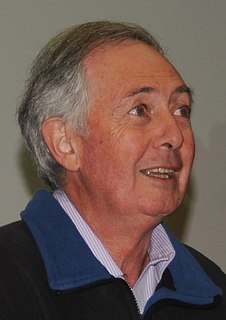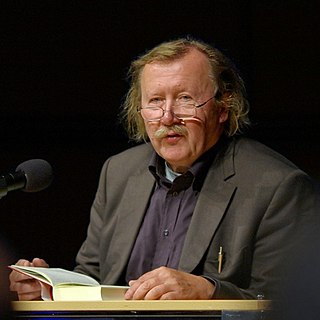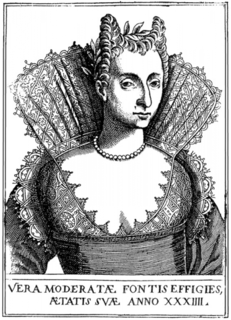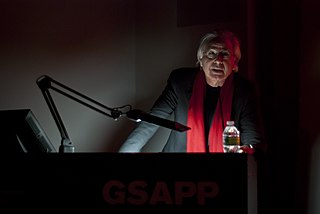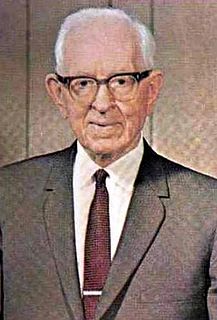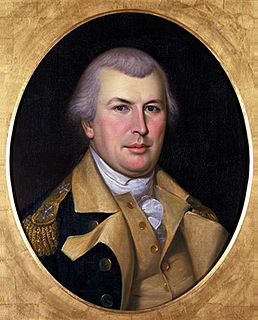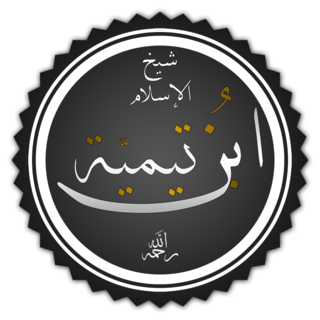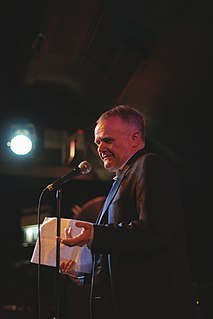Top 1200 Lack Of Knowledge Quotes & Sayings - Page 20
Explore popular Lack Of Knowledge quotes.
Last updated on April 19, 2025.
A knowledge of our ability to consciously radiate health, strength, and harmony will bring us into a realization that there is nothing to fear because we are in touch with Infinite Strength. This knowledge can be gained only by making a practical application of this information. We learn by doing-through practice the athlete becomes powerful.
The very foundation of science is to keep the door open to doubt. Precisely because we keep questioning everything, especially our own premises, we are always ready to improve our knowledge. Therefore a good scientist is never ‘certain’. Lack of certainty is precisely what makes conclusions more reliable than the conclusions of those who are certain: because the good scientist will be ready to shift to a different point of view if better elements of evidence, or novel arguments emerge. Therefore certainty is not only something of no use, but is in fact damaging, if we value reliability.
We, perhaps, have corrupted our children and our grandchildren by heedless affluence, by a lack of manliness, by giving the younger generation more money and liberty than their youth can handle, by indoctrinating them with sinister ideologies and false values, by permitting them, as young children, to indulge themselves in imprudence to superiors and defiance of duly constituted authority, by lack of prudent, swift punishment when the transgressed, by coddling and pampering them when they were children and protecting them from a very dangerous world.
It seemed a marvel to her that any mortal should suffer for lack of love, and yet she had never known a mortal who didn't feel unloved. There was enough love just in this ugly hallway, she thought, that no one should ever feel the lack of it again. She peered at the parents, imagining their hearts like machines, manufacturing surfeit upon surfeit of love for their children, and then wondered how something could be so awesome and so utterly powerless.
God doesn't help. I think that's a knockdown argument. I think that it really shows that whatever moral knowledge we have and whatever moral progress we make in our knowledge or whatever progress we make in our moral knowledge is not coming really from religion. It's coming from the very hard work really of moral philosophy, of trying to ground our moral reasonings.
Remember that accumulated knowledge, like accumulated capital, increases at compound interest: but it differs from the accumulation of capital in this; that the increase of knowledge produces a more rapid rate of progress, whilst the accumulation of capital leads to a lower rate of interest. Capital thus checks it own accumulation: knowledge thus accelerates its own advance. Each generation, therefore, to deserve comparison with its predecessor, is bound to add much more largely to the common stock than that which it immediately succeeds.
A modern theory of knowledge which takes account of the relational as distinct from the merely relative character of all historical knowledge must start with the assumption that there are spheres of thought in which it is impossible to conceive of absolute truth existing independently of the values and position of the subject and unrelated to the social context.
When we come together and appreciate each other, that's always a positive thing; a step in the right direction. That is what the NAACP Image Awards do. If we can just come together and love each other, that's important. I do feel like there's a lack of love but oddly enough, we blame the lack of love on other people not loving and appreciating our accomplishments. But the real reality is we haven't loved and appreciated our own accomplishments.
The end of the Cold War removed the immediate causes of whole destruction but not the threat contained in our knowledge. We must tame this knowledge with the ideals of justice, caring, and compassion summoned from our common human spiritual and moral heritage, if we are to live in peace and serenity in the twenty-first century.
There comes a point in every story where you have got a reservoir of knowledge, and you are then really just adding the substantial new facts to your understanding of it. That is the easiest situation, because you can call on that reservoir, but when you get a sudden story out of nowhere, like ebola, you don't have a reservoir of knowledge.
The violent, antirationalistic impulse in Western countries is reacting to an intellectual state of affairs in which all thinking has become strategy; this impulse shows a disgust for a certain form of self-preservation. It is a sensitive shivering from the cold breath of a reality where knowledge is power and power is knowledge.
One advantage of exhibiting a hierarchy of systems in this way is that it gives us some idea of the present gaps in both theoretical and empirical knowledge. Adequate theoretical models extend up to about the fourth level, and not much beyond. Empirical knowledge is deficient at practically all levels.
The fact that television and tourism have made the whole world accessible has created the illusion that we enjoy intimate knowledge of other places, when we barely scratch their surface. For the vast majority, the knowledge of Thailand or Sri Lanka acquired through tourism consists of little more than the whereabouts of the beach.
It is impossible to talk of respect for students for the dignity that is in the process of coming to be, for the identities that are in the process of construction, without taking into consideration the conditions in which they are living and the importance of the knowledge derived from life experience, which they bring with them to school. I can in no way underestimate such knowledge. Or what is worse, ridicule it.
To be loved by someone is to realize how much they share the same needs that lie at the heart of our own attraction to them. Albert Camus suggested that we fall in love with people because, from the outside, they look so whole, physically whole and emotionally 'together' - when subjectively we feel dispersed and confused. We would not love if there were no lack within us, but we are offended by the discovery of a similar lack in the other. Expecting to find the answer, we find only the duplicate of our own problem.
The central problem of management is how spontaneous interaction of people within a firm, each possessing only bits of knowledge, can bring about the competitive success that could only be achieved by the deliberate direction of a senior management that possesses the combined knowledge of all employees and contractors
For some students, especially in the sciences, the knowledge gained in college may be directly relevant to graduate study. For almost all students, a liberal arts education works in subtle ways to create a web of knowledge that will illumine problems and enlighten judgment on innumerable occasions in later life.
The Socratic maxim that the recognition of our ignorance is the beginning of wisdom has profound significance for our understanding of society. Most of the advantages of social life, especially in the more advanced forms that we call "civilization" rest on the fact that the individual benefits from more knowledge than he is aware of. It might be said that civilization begins when the individual in the pursuit of his ends can make use of more knowledge than he has himself acquired and when he can transcend the boundaries of his ignorance by profiting from knowledge he does not himself possess.
Learning is not virtue but the means to bring us an acquaintance with it. Integrity without knowledge is weak and useless, and knowledge without integrity is dangerous and dreadful. Let these be your motives to action through life, the relief of the distressed, the detection of frauds, the defeat of oppression, and diffusion of happiness.
Therefore, when a person refuses to come to Christ it is never just because of lack of evidence or because of intellectual difficulties: at root, he refuses to come because he willingly ignores and rejects the drawing of God's Spirit on his heart. No one in the final analysis really fails to become a Christian because of lack of arguments; he fails to become a Christian because he loves darkness rather than light and wants nothing to do with God.
Seek (beneficial) knowledge,
because seeking it for the sake of Allaah is a worship.
And knowing it makes you more God-fearing;
and searching for it is jihad,
teaching it to those who do not know is charity,
reviewing and learning it more is like tasbeeh.
Through knowledge Allaah will be known and worshiped.
One of the great problems of philosophy, is the relationship between the realm of knowledge and the realm of values. Knowledge is what is; values are what ought to be. I would say that all traditional philosophies up to and including Marxism have tried to derive the "ought" from the "is." My point of view is that this is impossible, this is a farce.
